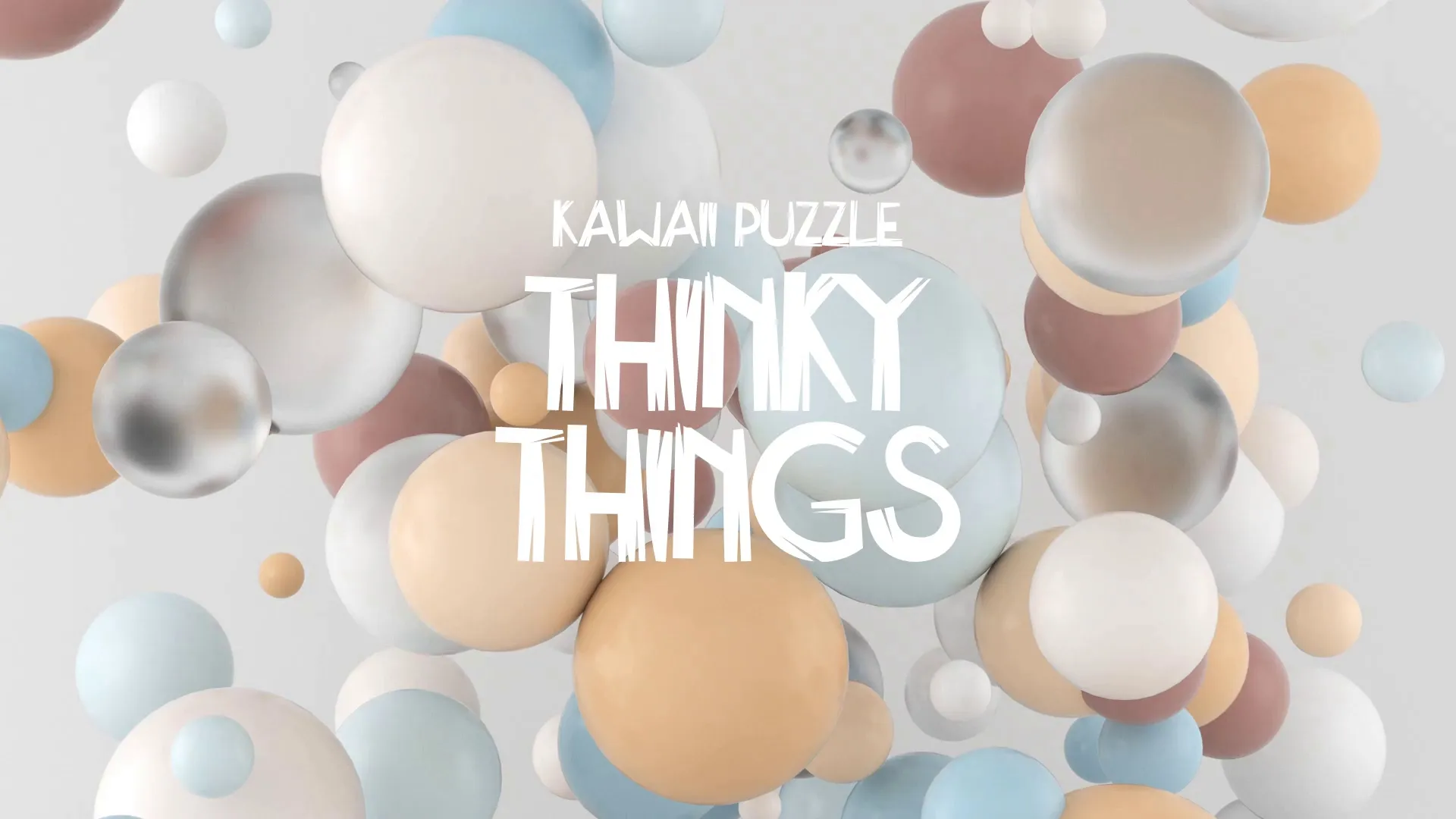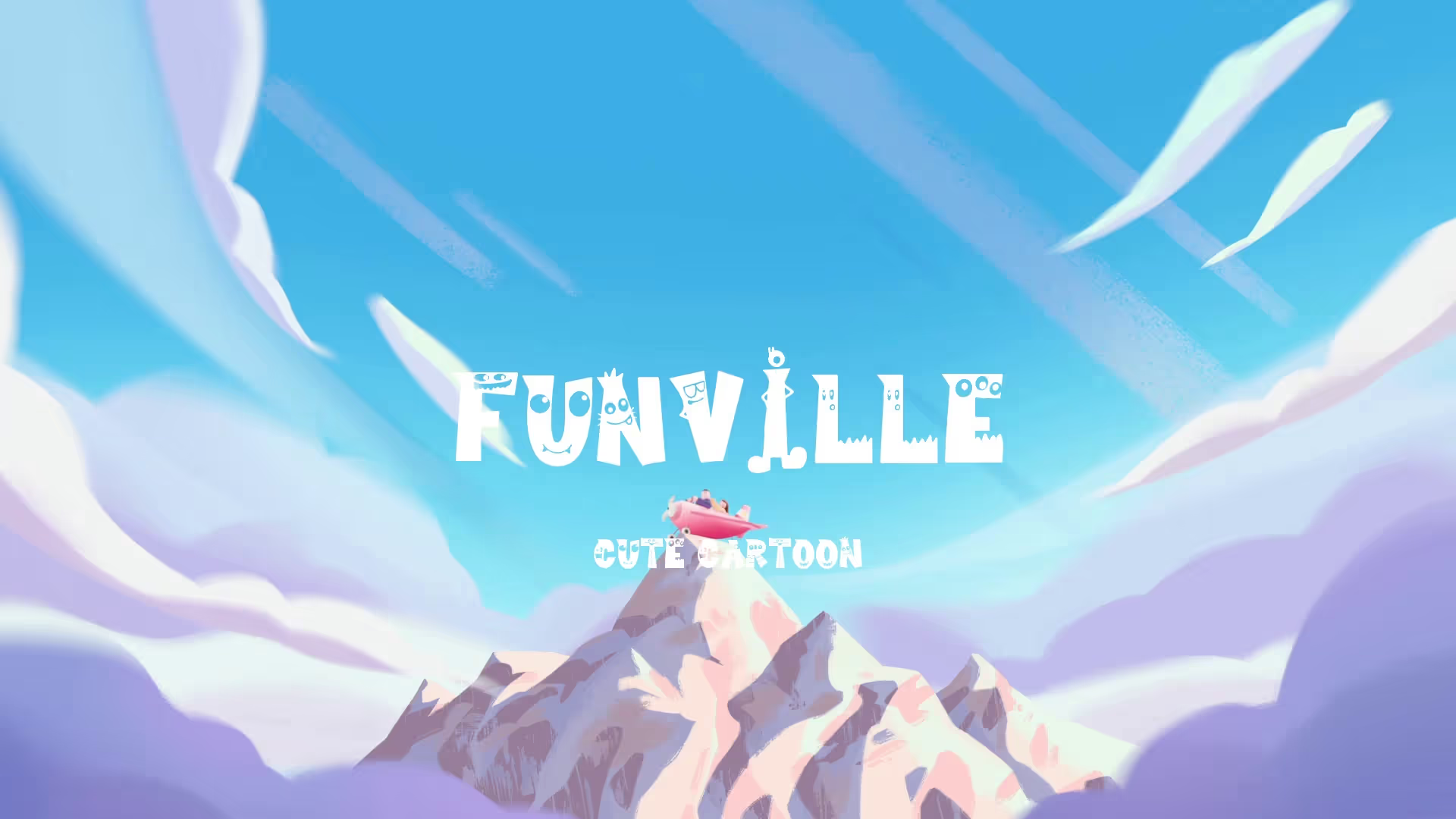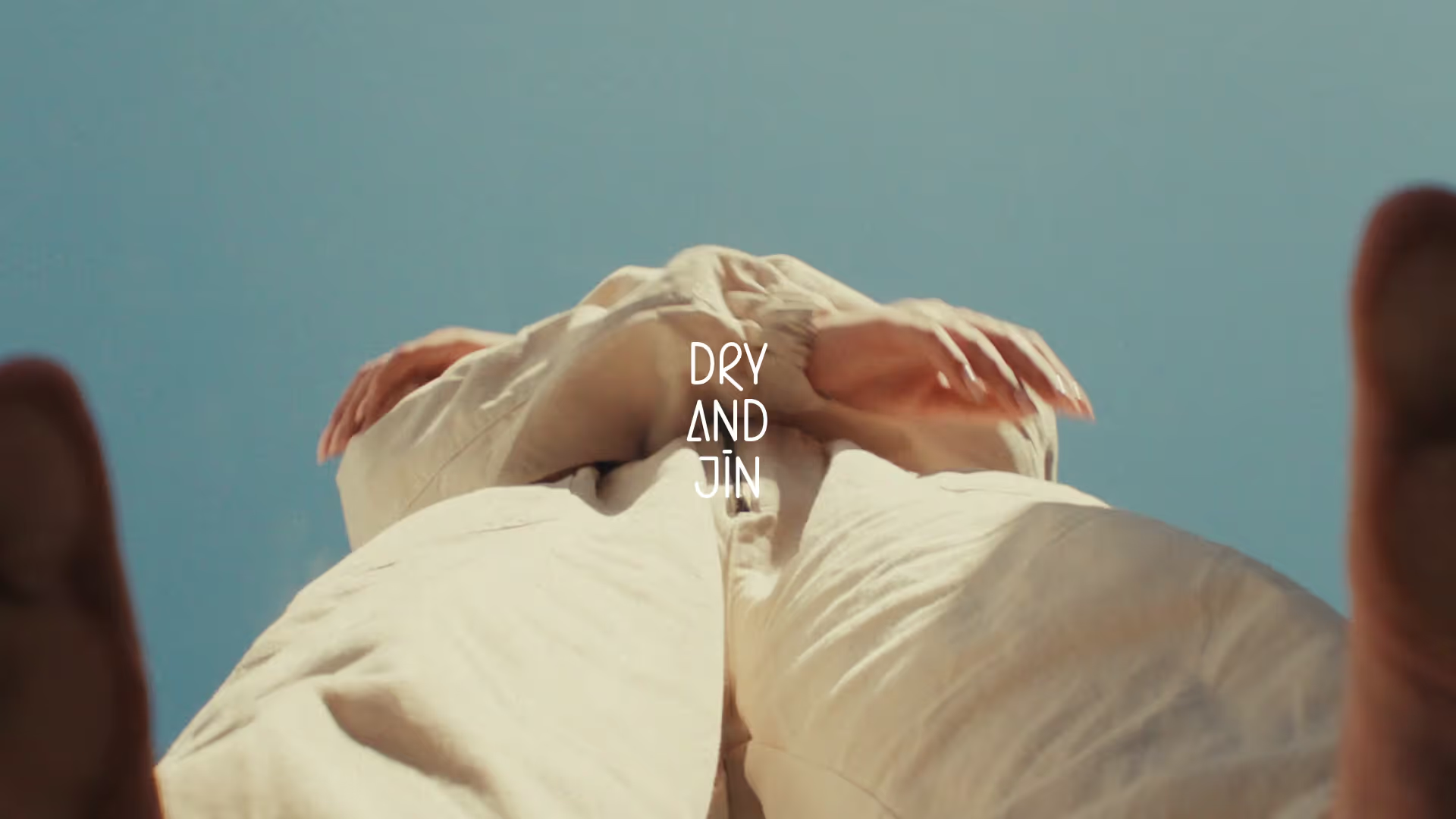Microtransaction Ethics in Game Development: Balancing Profit and Player Trust
Microtransaction Ethics in Game Development: Balancing Profit and Player Trust
Microtransactions are a significant revenue stream in modern game development, particularly for mobile and free-to-play titles. However, their implementation demands careful ethical consideration to maintain player trust and foster a healthy gaming ecosystem.
This guide explores how to approach microtransactions responsibly, ensuring both financial success and player satisfaction.
Understanding the Ethical Landscape of Microtransactions
Ethical microtransactions prioritize player experience and fairness over aggressive monetization. They offer optional enhancements without creating pay-to-win scenarios or exploiting psychological vulnerabilities.
Unethical practices often involve deceptive pricing, loot boxes with unclear odds, or systems that pressure players into spending.
Prioritize Transparency in Monetization
Clearly communicate what players are purchasing and how it affects gameplay. Avoid hidden mechanics or misleading descriptions of in-game items.
Full disclosure about drop rates for randomized rewards builds player confidence and complies with growing regulatory demands.
Deliver Genuine Value for Money
Ensure that microtransaction purchases feel worthwhile to players. Content should enhance the game experience, not fix a deliberately broken one.
Evaluate your pricing structure carefully, considering what players perceive as fair for the value received. This is crucial for how to price your mobile game effectively.
Avoid Predatory Monetization Practices
Do not design systems that exploit addiction, FOMO (fear of missing out), or social pressure. Timed offers should be genuine opportunities, not manipulative tactics.
Implementing spend limits or clear opt-out options for recurring purchases demonstrates respect for player autonomy.
Differentiate Cosmetic from Gameplay Advantages
Cosmetic items like skins or emotes are generally well-received as they do not impact competitive balance. They provide personalization without creating an unfair advantage.
Items that directly affect gameplay should be earned through skill or progression, or be available for a reasonable, fixed price without random elements.
Foster a Healthy Player Economy
Design your in-game economy to prevent inflation or devaluation of earned rewards. Microtransactions should complement, not undermine, the core progression loop.
Create a free account, or log in.
Gain access to free articles, game development tools, and game assets.
.webp)





















.webp)
